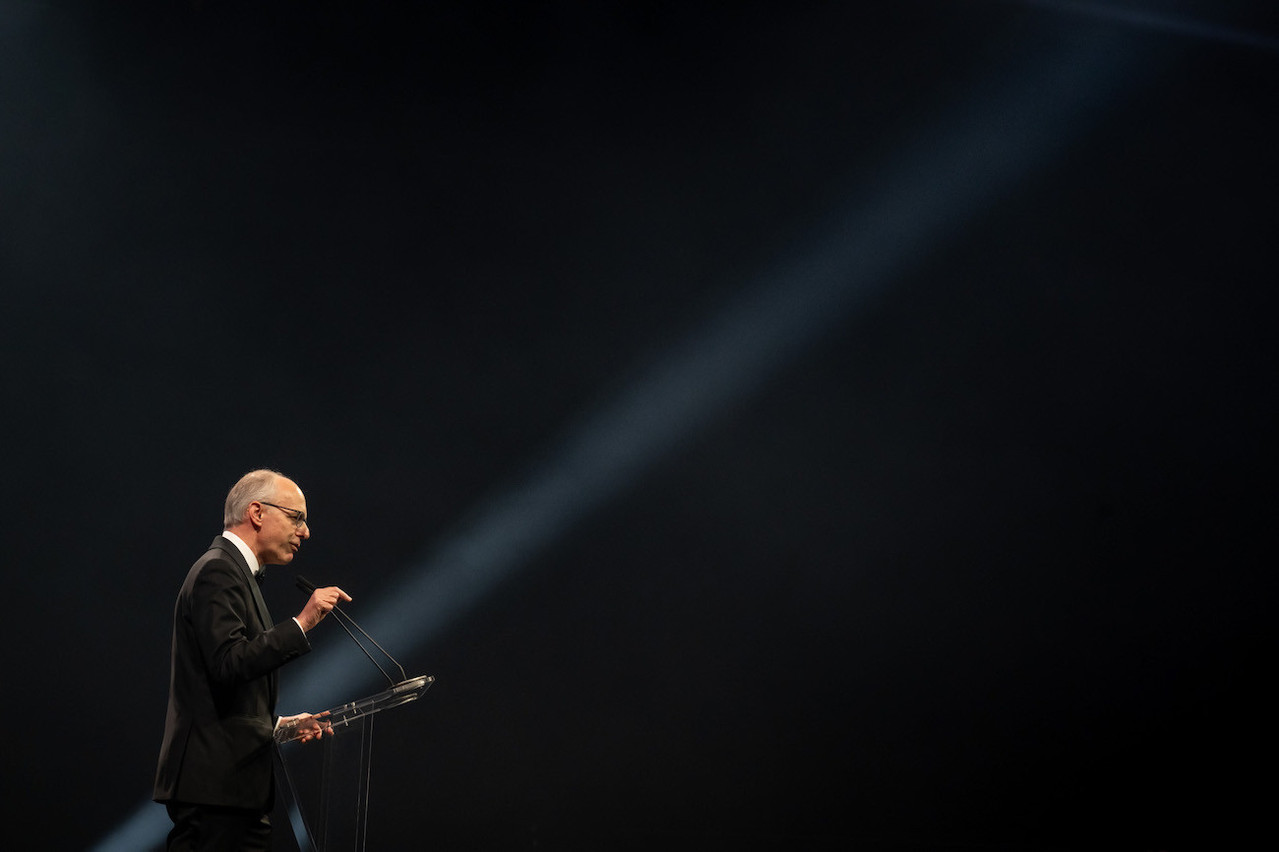This was good news. But Luxembourg’s prime minister, (CSV), did not go much further on Tuesday evening while speaking at the Paperjam Top 100 ceremony, after the announcement at the end of the afternoon: the European Joint Undertaking for High-Performance Computing (EuroHPC) has selected seven proposals to set up and operate the first AI factories across Europe, with Luxembourg's project, Meluxina AI, at the top of the list. This is an important step for Europe in building a thriving ecosystem to train advanced AI models and develop AI solutions.
Luxembourg already had its own HPC, Meluxina. The government has already announced the purchase of a quantum computer, Meluxina-Q. And this news is synonymous with a new investment, the amount of which has not yet been decided, in a third supercomputer, Meluxina AI.
Luxembourg's AI factory aims to confirm the country's position as a European leader in artificial intelligence, particularly in strategic sectors such as finance, space, cybersecurity and the green economy, in order to respond to major challenges.
The EU wants to become a global hub for AI that is "trustworthy", in line with its values, and globally competitive. Since the publication of the AI White Paper in February 2020 and as part of Ursula Von der Leyen's first mandate, the European Commission has been focusing on the development of human-centred AI that respects privacy, security and ethical standards. The idea is to create a complete value chain, moving from fundamental research (often supported by Horizon Europe) to industrial demonstration (via Testing and Experimentation Facilities, defined by the European Commission as part of the Digital Europe programme), and then to commercial adoption.
Seven selected projects
Barcelona, Spain: "BSC AIF" at the Barcelona supercomputing centre;
Bologna, Italy: "IT4LIA" at CINECA - Bologna Tecnopolo;
Kajaani, Finland: "FIA LUMI" at the CSC ;
Bissen, Luxembourg: "Meluxina-AI" at LuxProvide;
Linköping, Sweden: "Mimer" at Linköping University;
Stuttgart, Germany: "HammerHAI" at the University of Stuttgart;
Athens, Greece: "Pharos" at GRNET.
Read the original French-language version of this news report /
